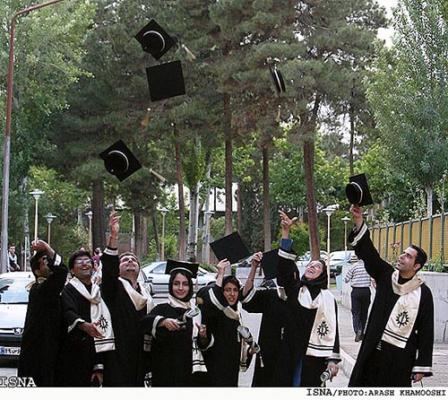
The principle of Emulation or taqlid (تقلید ) is deep rooted in Shi’ism and is linked to the question of who will lead the Shi’ites in the absence of the hidden Imam. A Shi’ite believer is expected to choose a Source of Emulation (مرجع تقلید ) to whom life’s questions and decisions would be referred to and that their response would be followed without question.
The relationship between the emulator (moqaled) and emulated (moqalad), it is illustrative to consider the root of the word taqlid which is qaladeh (قلاده ) , which means a collar that is placed around the neck !
‘Education’ is known to have several root words, but the one that has broad acceptance is that it originated from the Latin word “educare,” which means to nourish, to rear, to bring up. The Persian for education conveys the same meaning with the use of two words which literally means ‘train and develop’ ( آموزش و پرورش ).
Whereas the intent of education is to grant independence in thought, analysis and deduction, emulation represents the exact opposite by granting broad and absolute decision making power to a select group of clergymen or mujtahids (مجتهد ).
Is it conceivable that the increasingly educated class within Iran can adhere to this fundamental principle of emulation in Shi’ism, and consequently relinquish their ability to think, analyze, deduce and act based on their own knowledge, information and skills that has been acquired based on life’s experience or academic training? Is not the choicest fruits of education, precisely the acquisition and exercise of these abilities?
Can the irreconcilable and evident divide between those that have chosen not to wear the collar and those that have, be the cause of an ever deepening rupture in Iranian society?
Does this not explain why an increasing number of Iranians do not consider themselves as Moslems, and yet may make such a declaration in public primarily out of fear of the socio-economic consequences as well as the Islamic law dealing with apostasy or ertedad (ارتداد )?
Iranian society’s uncanny ability to live with contradictions combined with its fear of the existing order of governance by jurisprudence (velayat faghih), may slow the pace of change but cannot possibly alter its course.
Alborz






